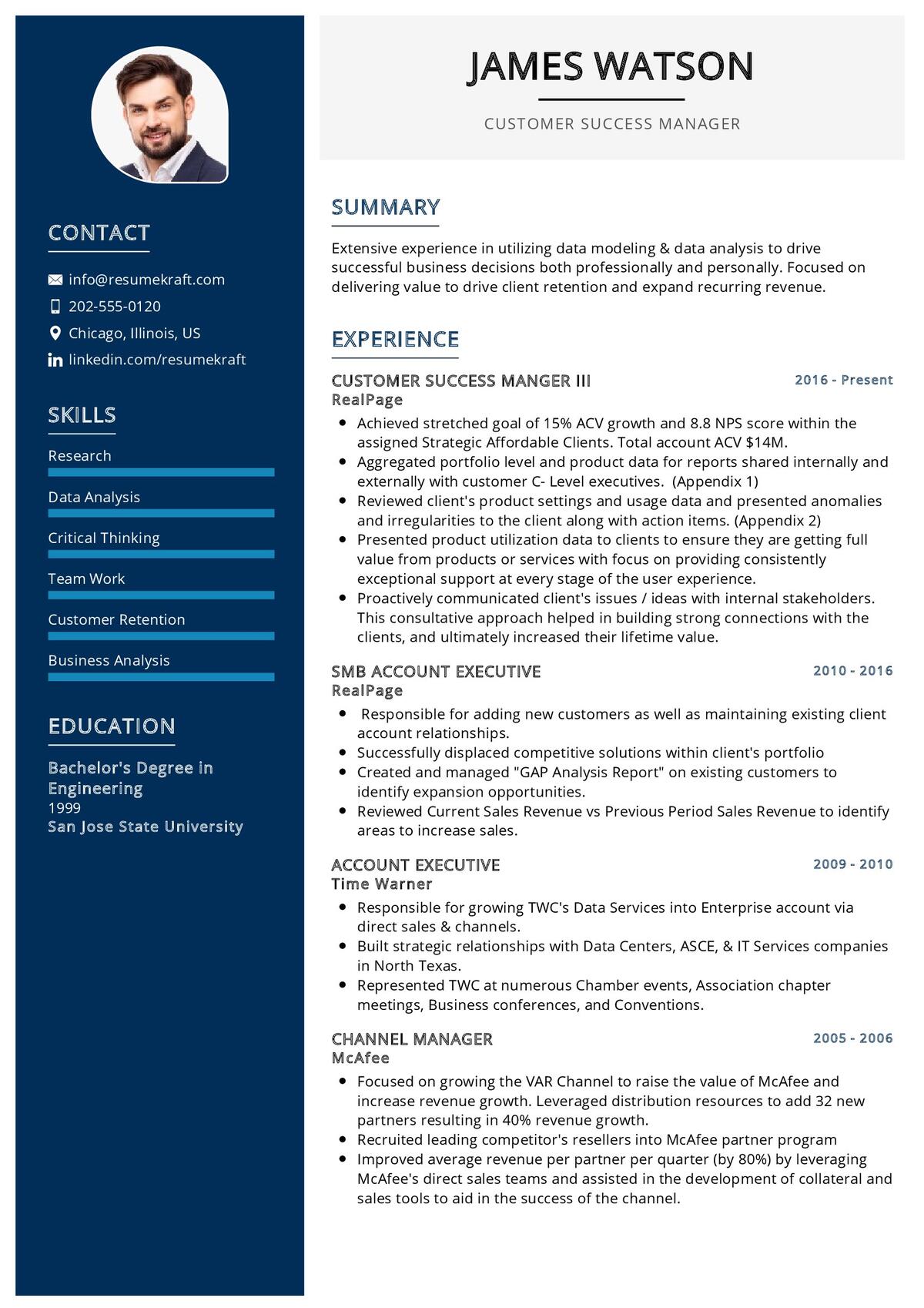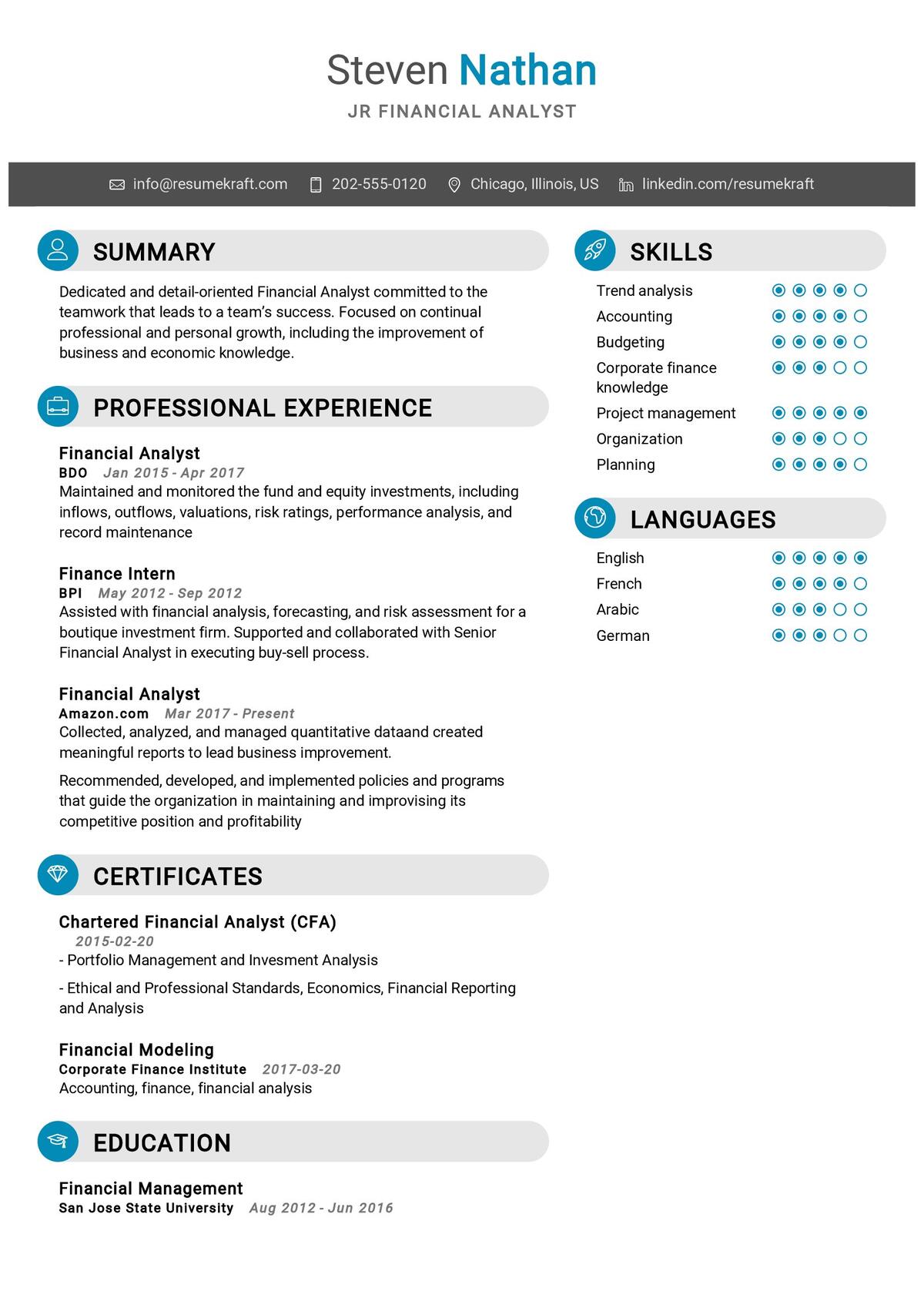
When you’re job hunting, one of the most important tools you have at your disposal is your resume. In order to make sure your resume is effective, you need to select the right keywords.
There are a few things you need to keep in mind when you’re choosing keywords for your resume. First, you need to make sure that the keywords you choose are relevant to the job you’re applying for. You also need to make sure that your keywords are specific enough.
If you’re not sure how to select the right keywords for your resume, this article is for you. We’ll give you some tips on how to choose keywords that will help you get the job you want.
Keywords are the words and phrases that describe your skills and experience. They are important because they are one of the main ways that employers search for candidates. When you include keywords in your resume, it makes it easier for employers to find you.
Keywords and its importance
When creating a resume, it is important to select keywords that accurately reflect your skills and experience. Keywords are the words and phrases that hiring managers use to search for candidates. By including the right keywords in your resume, you can ensure that you appears in search results and increase your chances of being contacted for an interview.
There are a few things to keep in mind when selecting keywords for your resume. First, consider what skills and experience you have that are relevant to the position you are applying for. Then, choose keywords that accurately describe these skills and experiences. Finally, make sure that you use keywords throughout your resume, including in the job experience and education sections. Keep these tips in mind when selecting keywords for your resume.
When you’re writing your resume, it’s important to use the right keywords so that your document will be easily found by employers who are looking for candidates with your skills and qualifications.
First, consider what skills and experience you have that are relevant to the position you are applying for. Then, choose keywords that accurately describe these skills and experiences. Finally, make sure that you use keywords throughout your resume, including in the job experience and education sections.
How to select the right keywords ?
There are a few things to keep in mind when selecting keywords for your resume. First, consider the job you’re applying for and the skills and qualifications that are required. Make a list of these keywords and be sure to include them in your resume.
Next, take a look at your own skills and qualifications and identify keywords that describe you. Again, be sure to include these in your resume.
Finally, you’ll want to use keywords that are common in the industry you’re targeting. For example, if you’re applying for a job in the healthcare industry, you’ll want to use keywords such as “patient care,” “nursing,” and “medical.”

How to use keywords effectively ?
When it comes to resumes, keywords are everything. Here are a few tips on how to select the right keywords for your resume:
- Do your research
Before you start adding keywords to your resume, it’s important to do your research and find out which keywords are most commonly used in your industry. There are a number of ways to do this, including using Google AdWords Keyword Planner and analysing job postings.
- Use keywords throughout your resume
Once you’ve identified the most relevant keywords, make sure to use them throughout your resume, including in your job titles, skills section, and professional experience.
- Don’t stuff your resume with keywords
While it’s important to use keywords throughout your resume, you don’t want to stuff your resume with them. This will not only make your resume difficult to read, but it will also make it more likely to be rejected by applicant tracking systems.
- Use keyword variations
In addition to using the most common keywords in your industry, it’s also a good idea to use variations of those keywords. For example, if you’re applying for a job as a web developer, you might also use the keywords “web development” and “HTML.”
- Keep your keywords relevant
Finally, it’s important to make sure your keywords are relevant to the job you’re applying for. Don’t add keywords just for the sake of adding them – only include keywords that are actually relevant to the position.
By following these tips, you can ensure that your resume is packed with the right keywords and stands out to employers.
The dos and don’ts of using keywords.
When you’re revamping your resume, it’s important to select the right keywords to include. Here are some dos and don’ts to keep in mind:
Do:
- Research the right keywords to use. Different industries and companies will value different keywords, so it’s important to tailor your resume to each application.
- Use a variety of keywords, including both “hard” skills (such as specific software programs) and “soft” skills (such as customer service or teamwork).
- Include keywords in both the body of your resume and in the resume keywords section, if your resume has one.
- Make sure your keywords are relevant to your experience and skills. Don’t just stuff your resume with random keywords in the hopes that something will stick – this will only make your resume look spammy and unprofessional.
Don’t:
- Use the same keywords over and over again. This will make your resume look repetitive and can actually hurt your chances of being found in a resume database.
- Use keywords that are not relevant to your experience or skills. As we mentioned before, this will only make your resume look spammy and unprofessional.
- Use keywords that are too specific. For example, if you’re applying for a job as a web developer, you don’t need to list every single programming language you know – just include the ones that are most relevant to the job you’re applying for.
- Use keywords that are too general. For example, listing “computer skills” as a keyword is too vague and won’t tell the employer anything about your specific skills or experience.
Now that you know the dos and don’ts of using keywords in your resume, you’re one step closer to landing the job you want!
How to avoid keyword stuffing ?
As a job seeker, you want to make sure your resume is keyword optimized so that it can be easily found by employers and recruiters who are searching online. But what happens if you go overboard with the keywords?
This is called keyword stuffing and it can actually hurt your chances of being found online. That’s because when you stuff your resume with too many keywords, it can come across as spammy and unprofessional.
Here are a few tips to avoid keyword stuffing on your resume:
- Use keywords sparingly throughout your resume. A few strategically placed keywords are all you need.
- Use synonyms for your keywords. This will help vary your language and avoid repeating the same keywords too often.
- Focus on quality over quantity. It’s better to have a well-written resume with a few relevant keywords than a resume that is crammed with keywords but lacks substance.
By following these tips, you can ensure that your resume is keyword optimized without resorting to keyword stuffing.

The benefits of using keywords
When it comes to your resume, using keywords can help ensure that your document is found by employers when they are searching for candidates with your skills and experience. In addition, keywords can help you to stand out from the competition and make it more likely that your resume will be selected for review. Here are some benefits of using keywords on your resume:
Help your resume be found by employers.
When employers search for candidates on job boards or other databases, they often use keywords to narrow down the results. By including relevant keywords in your resume, you can increase the chances that your document will be found by employers who are looking for someone with your qualifications.
Help you stand out from the competition.
If you are applying for a job that receives a large number of applications, including relevant keywords in your resume can help you to stand out from the competition. When employers are reviewing a large number of resumes, they may use keywords to help them identify which candidates are the best fit for the job.
Help your resume be selected for review.
Some employers use applicant tracking systems (ATS) to screen resumes before they are ever seen by a human being. When your resume is scanned by an ATS, the software looks for keywords that match the qualifications required for the job. If your resume includes the right keywords, it is more likely to be selected for review.
Improve the clarity of your resume.
When employers review resumes, they are looking for evidence that candidates have the skills and qualifications required for the job. By including relevant keywords in your resume, you can make it easier for employers to see that you have the right skills and experience for the job.
Help you target specific jobs.
If you are looking for a job in a specific industry or company, you can use keywords to help you target your job search. For example, if you are looking for a job as a web developer, you might include keywords such as “HTML,” “CSS,” and “JavaScript” in your resume. This will help you to find jobs that are specifically related to your skills and experience.
Including keywords on your resume is a good way to improve your chances of being found and selected for review by employers. When choosing keywords, be sure to focus on those that are relevant to your skills and experience.
Planning to Write a Resume?
Check our job winning resume samples


Keywords are the words and phrases that best describe your skills and experience. They are the terms that hiring managers will use when searching for candidates like you. By including these keywords in your resume, you can ensure that you come up as a search result when a hiring manager is looking for someone with your skills.
When choosing keywords for your resume, it is important to consider both the content of the job listing and the specific skills that you bring to the table. For each job that you apply to, take a look at the job listing and make a list of the skills and experience that are required. Then, match those up with the skills and experience that you have. These will be the keywords that you use in your resume.
Once you have chosen the keywords that you want to use, it is important to use them in a way that is both effective and looks good on your resume. You should use keywords throughout your resume, including in the skills, work history, and education sections. However, you should avoid using too many keywords, as this can make your resume look cluttered and difficult to read. Instead, focus on using a few key keywords throughout your resume to get your point across.
Some effective ways to use keywords in your resume include: -Including keywords in the skills section to highlight your relevant skills -Using keywords throughout your work history to show how your experience is relevant -Including keywords in the education section to show that you have the necessary skills
How can I make sure my resume is keyword optimized?
There are a few things you can do to make sure your resume is keyword optimized: -Use relevant keywords throughout your resume, including in the skills, work history, and education sections -Avoid using too many keywords, as this can make your resume look cluttered and difficult to read -Focus on using keywords that are relevant to the specific job you are applying for -Use keywords that are commonly searched for by employers and recruiters -Make sure your resume is clear, concise, and easy to read
Conclusion
Now that you understand how to select the right keywords for your resume and how to generate the section content for each sub-heading, you can confidently create a resume that will help you stand out from the competition and land the job you want. Just remember to focus on quality over quantity, and to tailor your keywords to each specific job you apply for. With a little effort and attention to detail, you can create a resume that will help you get the job you want. If you’re still having trouble, there are plenty of resume-writing services that can help you create a winning resume.
A few typos can make a big impression, and not in a good way. And that’s it! You now know how to select the right keywords for your resume and how to generate the section content for each sub-heading. You’re well on your way to creating a resume that will help you stand out from the competition and land the job you want.
Recommended Reading:

